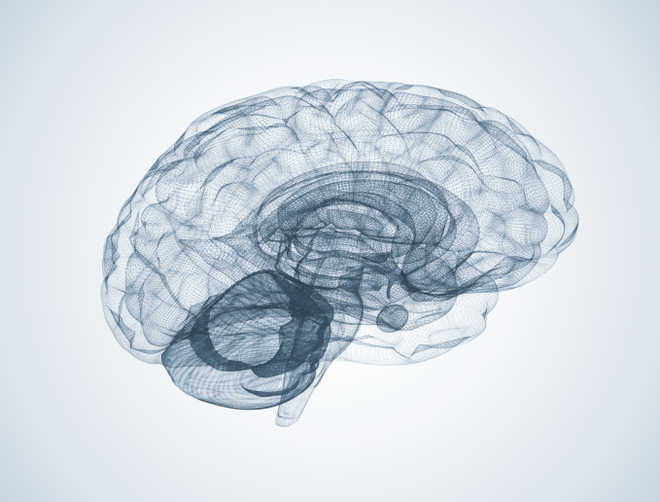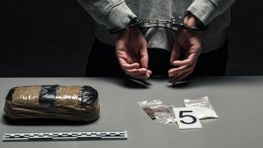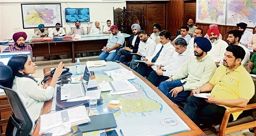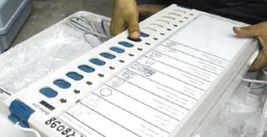
Photo source: Thinkstock
Boston
Brain scans may help predict teens who are at risk of problematic drug use, even before such behaviour starts, a new study has claimed.
Psychologists are aware that kids who score high on tests of novelty seeking are on average a bit more likely to abuse drugs.
Researchers from University of Stanford in the US and University Medical Centre Hamburg-Eppendorf in Germany suspected that a brain-scanning test called the Monetary Incentive Delay Task (MID) may be a better test than the Novelty test.
Researchers studied 144 adolescents who had not developed drug problems by age 14 but had scored in the top 25 per cent on a test of novelty seeking.
They developed MID as a way of targeting a part of the brain now known to play a role in mentally processing rewards like money or the high of a drug.
During the test, participants lie down in a magnetic resonance imaging (MRI) brain scanner to play a simple video game for points, which they can eventually convert to money.
At the start of each round, each player gets a cue about how many points he stands to win during the round. It is at that point that players start to anticipate future rewards.
For most people, that anticipation alone is enough to kick the brain's reward centres into gear.
Kids' brains in general respond less when anticipating rewards, compared with adults' brains. However, that effect is even more pronounced when those kids use drugs, which suggests one of two things: either drugs suppress brain activity, or the suppressed brain activity somehow leads youths to take drugs, researchers said.
If it is the latter, then the test could predict future drug use, researchers said.
However, to support this assumption, they need to measure brain activity in non-drug-using adolescents and compare it to eventual drug use.
"This is just a first step toward something more useful. Ultimately the goal — and maybe this is pie in the sky — is to do clinical diagnosis on individual patients," said Brian Knutson, a professor of psychology at Stanford University.
The study was published in the journal Nature Communications. — PTI


























